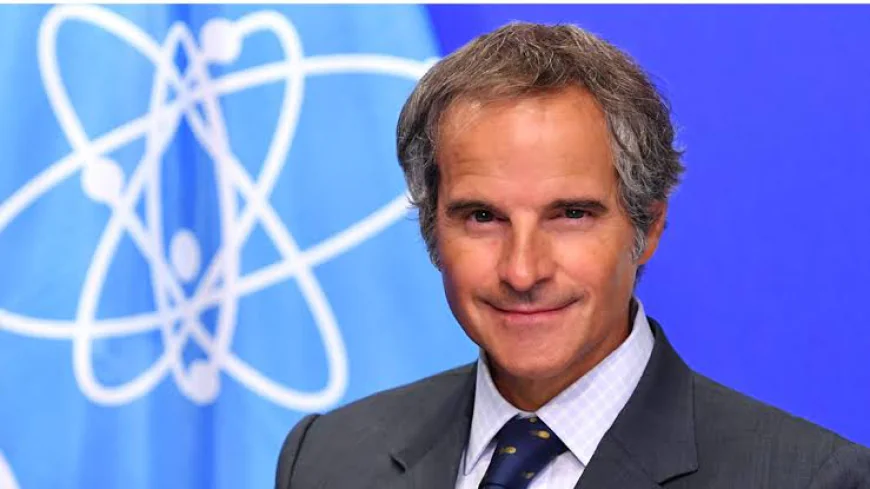IAEA Chief Grossi Warns of "Unthinkable" Fallout After U.S. Strikes on Iran Nuclear Sites
IAEA Director Rafael Grossi urges ceasefire and emergency access to Iranian nuclear facilities hit by U.S. airstrikes, warning of global nuclear safety risks and collapse of non-proliferation norms.

United Nations – The head of the International Atomic Energy Agency (IAEA), Rafael Grossi, issued an urgent plea to the U.N. Security Council following U.S. airstrikes on Iran’s key nuclear facilities, warning of potential global consequences if inspections do not resume soon.
At an emergency meeting in New York, Grossi said that the bombings of Natanz, Fordow, and Isfahan—Iran's most sensitive nuclear sites—risk “widening the conflict” and leading to “unthinkable levels” of destruction.
“If that window closes, violence and destruction could reach unthinkable levels, and the global non‑proliferation regime … could crumble and fall.”
— Rafael Grossi, IAEA Director General
Inspectors Blocked by Ongoing Conflict
Grossi reported that IAEA inspectors remain in Iran, but cannot access the affected sites due to active hostilities. Entry is only possible with a ceasefire agreement, which is essential to:
-
Assess the structural damage, including to deep tunnel systems at Isfahan
-
Secure over 4,400 kilograms of uranium enriched to 60% purity
-
Prevent possible sabotage, theft, or radioactive leaks
Although no radiation has been detected off-site so far, Grossi warned that the risk of release remains real.
Global Diplomatic Push Intensifies
The call was echoed by U.N. Secretary-General António Guterres, who urged both sides to “give peace a chance” and facilitate full nuclear verification.
In response, the IAEA Board of Governors held an emergency session in Vienna, postponing Grossi’s planned meetings in Brussels.
Global powers including China, Russia, the European Union, and UN envoys also joined the chorus for de-escalation, urging diplomacy to avert a broader Middle East war.
Why This Crisis Matters
-
Nuclear Safety in Jeopardy: Without inspector access, damaged uranium stockpiles pose a growing hazard.
-
Oversight at Risk: Restricted access undermines global trust in IAEA safeguards.
-
Escalation Risk: Grossi warned that further military action could collapse decades of non-proliferation efforts.
In Summary
Grossi's intervention comes at a critical moment, as the U.S. airstrikes have crippled Iran's nuclear infrastructure, but the lack of verification access has triggered international alarm.
The IAEA is now seeking immediate diplomatic space to prevent nuclear instability, protect civilian populations, and preserve global arms control systems.


